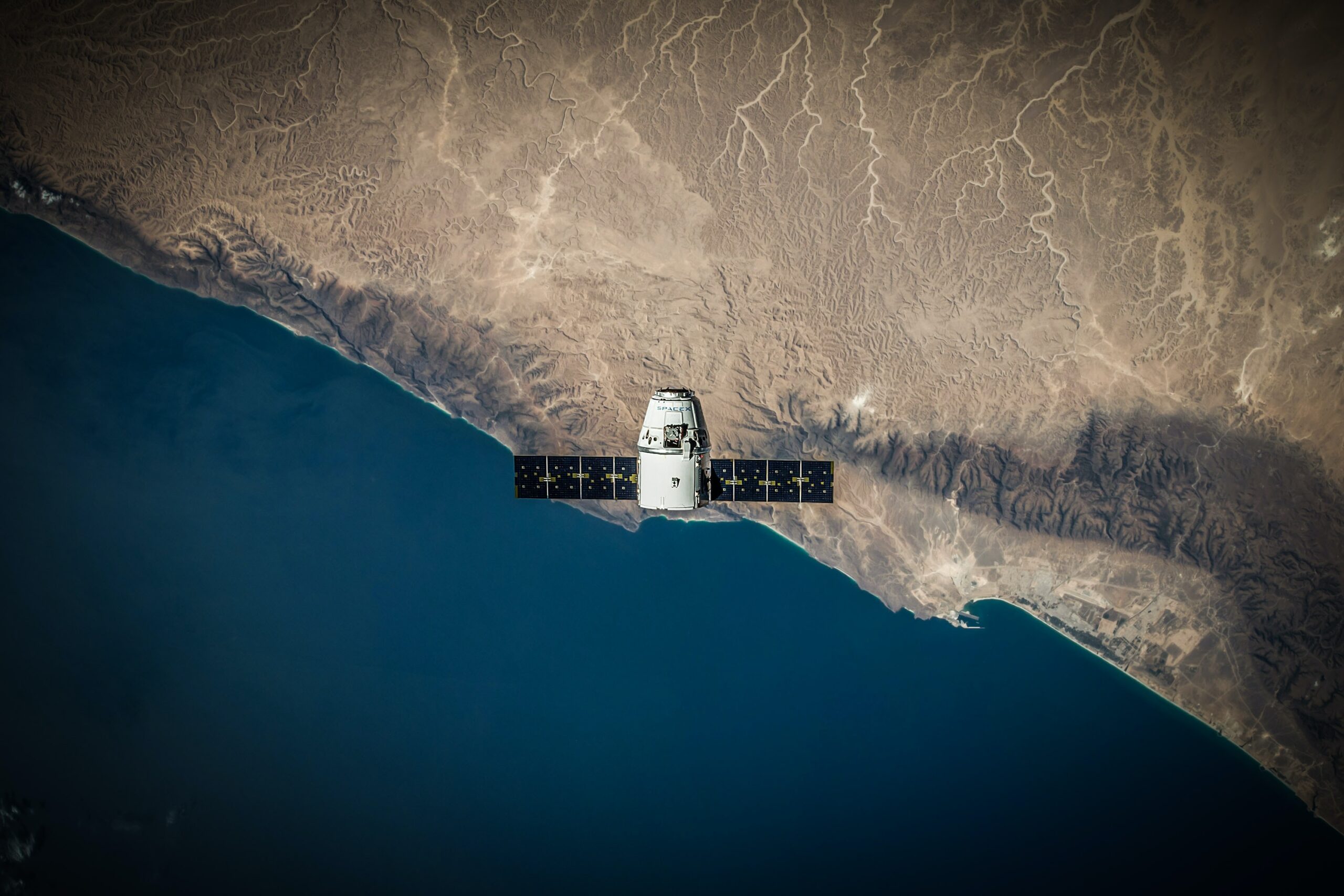To follow up on what must be the most exciting topic to grace these electronic pages, the final frontier of anaerobic digesters is, of course, space.
Only slightly different from the technology that powers all of our dairy projects, a new experiment by Florida Institute of Technology researchers will test whether a particular strain of bacteria that can convert human feces to hydrogen can survive in the high stress environment of space.
While piggy-backing on a special, UNESCO satellite mission, the tiny (4 inches on a side) digester full of waste and bacteria could be a proving ground for the future of deep space human exploration. Astronauts might produce the fuel needed to power small electronics aboard a spacecraft, all from the normal digestive process. Closing the loop on the waste stream of a completely isolated object hurtling through the cosmos seems like a vitally important technological breakthrough.
I have a good friend, a space-nut, who always argues that money spent on space research is inevitably returned to the greater public via significant technological and engineering advances that are made in pursuit of that final frontier. This time it’s hard to disagree – closing the loop on the human waste stream is a crucially important engineering feat for survival on our own isolated spacecraft hurtling through the cosmos: Planet Earth.
Brought to you by terrapass.com
Featured image








